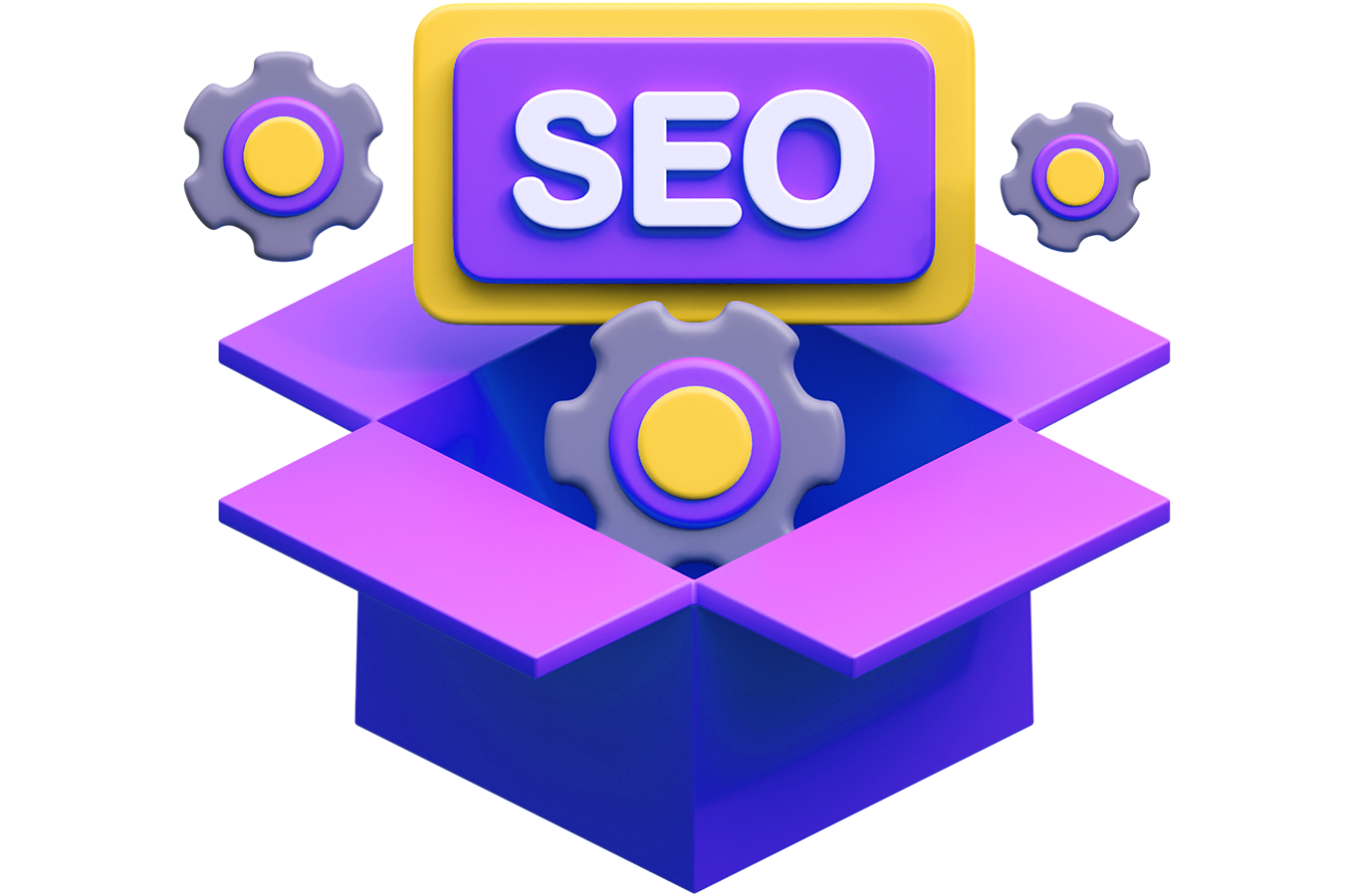
Technical SEO
Traditionally, the phrase Technical SEO refers to optimizing your site for crawling and indexing, but can also include any technical process meant to improve search visibility.
Technical SEO is a broad and exciting field, covering everything from sitemaps, meta tags, JavaScript indexing, linking, keyword research, and more.
If you’re new to SEO, we recommend starting with the chapter on Technical SEO in our Beginner’s Guide. Below are the latest posts on technical SEO, and we’ve included a few top articles here.
On-Site SEO : What are the technical on-page factors that influence your rankings? Our free learning center will get you started in the right direction.
The Web Developer's SEO Cheat Sheet : This handy—and printable—cheat sheet is invaluable for anyone building websites. Contains several useful references that cover a ton of technical SEO best practices.
MozBar : This free Chrome extension is an advanced SEO toolbar that helps you to examine and diagnose several technical SEO issues.
The Technical SEO Renaissance : Is it true that technical SEO isn't necessary, because Google is smart enough to figure your website out? Mike King puts this rumor to rest, and shows you what to focus on.
Technical SEO: The One Hour Guide to SEO : Want a quick introduction to the basics of technical SEO? Our guru Rand has you covered—all in about 10 minutes.


Building SEO into the Development Process
Over the past few weeks we’ve been having some great conversations about how SEOs and developers view each other, how they can work together, and why they shouldn’t try to kill each other. Heh. The conclusion that we should all know at least a little about each other’s jobs and that working together (rather than against each other) is beneficial to everyone is fairly obvious. ...
10 Things You Must Check When You Re-launch Your Website
Re-launching a site is a crucial and often worrying time. There are many many things that can go wrong, and when they do go wrong the results are often spectacular.
Are 404 Pages Always Bad for SEO?
There are some very different schools of thought out there regarding 404 error code pages. Some SEOs recommend: Never allowing them - 301'ing every error page back to the home page or an internal category level page to preserve the maximum amount of link juice (in case someone links to a broken URL) Letting any erroneous/mistyped URL 404. Something...
Down and Dirty: Write Your Own URL Rewrite
We all know by this time about the benefits of converting your parameterized URLs to human- and crawler-friendly URLs, but the stock tools of the trade (ISAPI_Rewrite, mod_rewrite, etc.) don't necessarily scale all that well when you have a large number of categories, product pages, etc. I'm going to walk you through what it takes to code this yourself, and I think you'll find it's less scary and complex than you thought, and gives you a number of benefits in terms of ongoing maintenance, flexibility, etc.
Using .htaccess to Rewrite Dynamic URLs to SEO Friendly URLs
I recently read jennita's excellent post, "URL Rewrites and 301 Redirects - How does it all work?", and thought a mod_rewrite example might be helpful to some. So, here's some example code of how I have used mod_rewrite to replace dynamic URLs with SEO friendly URLs.
URL Rewrites and 301 Redirects - How Does It All Work?
URL rewrites and 301 redirects... you talk about them, you recommend them, but do you truly understand how they work? Sure, you know that rewriting a URL means that the URL displayed in the browser changes to be more SEO (and user) friendly. And you know that a 301 redirect is a permanent redirect. But let's dig a little deeper, and explain how they work together.
Are There Any Good Solutions for Caching Redirects?
A couple of large client projects we are working on at the moment have had me thinking about a tricky issue that rears its head in enterprise SEO projects especially. When large clients are making extensive website changes, our experience is that the section entitled '301 redirects' is inevitably the section that gets read quickly and then quietly shuffled out of scope. We have found we have to push hard to get large businesses to see the importance of permanent redirects.
How Do You Register for Google Local with Multiple Languages?
There are some difficulties at the moment with how to manage large numbers of local listings. As the tools for managing local listings improve, this will all get easier, but there is a fundamental problem with the setup if you operate in multiple languages. The guidelines currently say that you cannot create multiple listings for an individual entity (business location in a city) - but each listing is just associated with a single URL which doesn't work well when you operate in multiple languages.
Canonical URL Tag - The Most Important Advancement in SEO Practices Since Sitemaps
The announcement from Yahoo!, Live & Google that they will be supporting a new "canonical url tag" to help webmasters and site owners eliminate self-created duplicate content in the index is, in my opinion, the biggest change to SEO best practices since the emergence of Sitemaps. It's rare that we cover search engine announcements or "news items" here on SEOmoz, as this blog is devoted more towards tactics than breaking headlines, but this certainly demands attention and requires quick education.
Root Domains, Subdomains vs. Subfolders and The Microsite Debate
Root Domains - the domain name you need to buy/register with a TLD extension. Subdomains - the "third level" domain name; these are free to create under any root domain you own/control.


